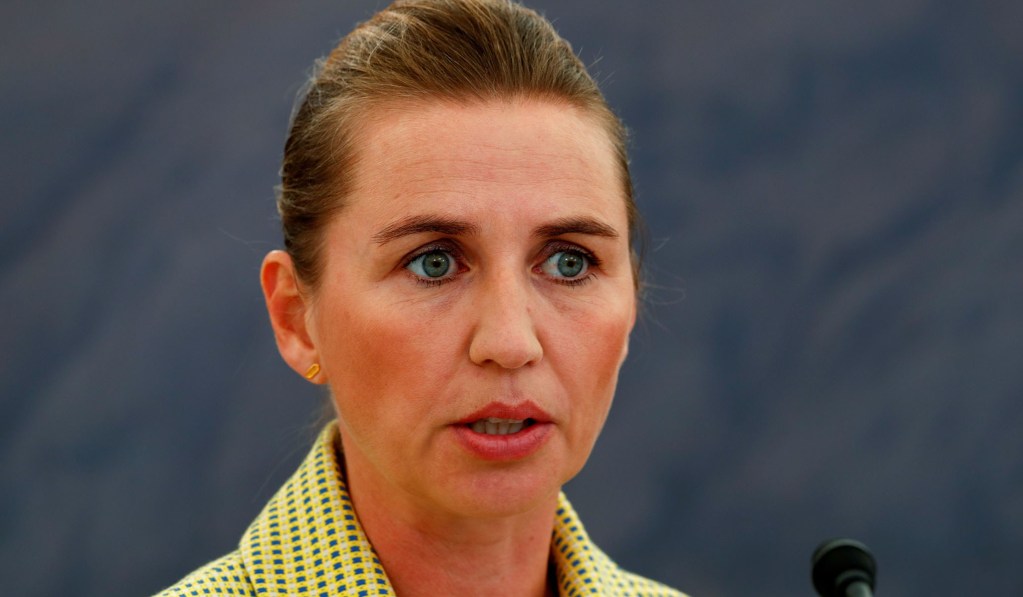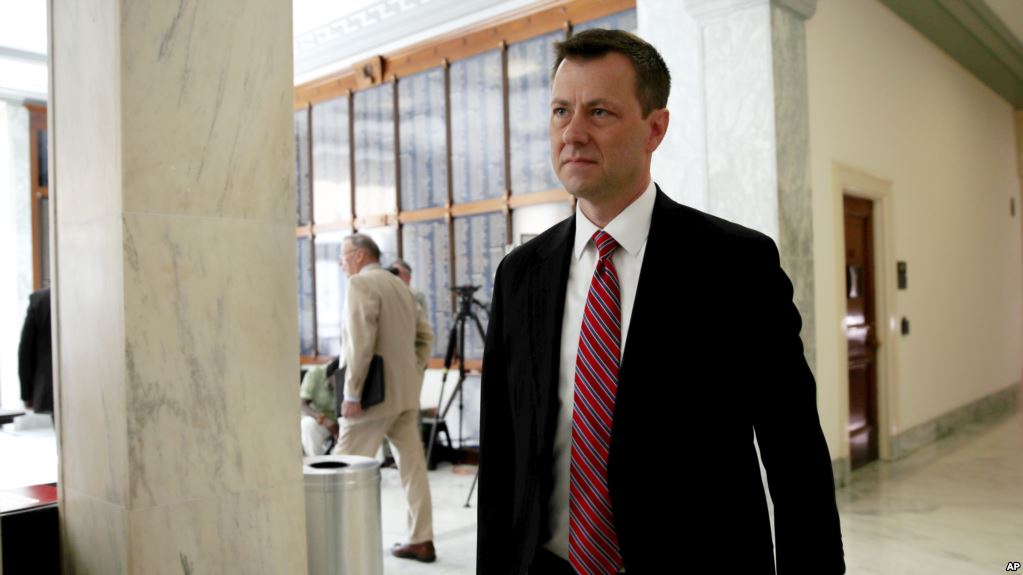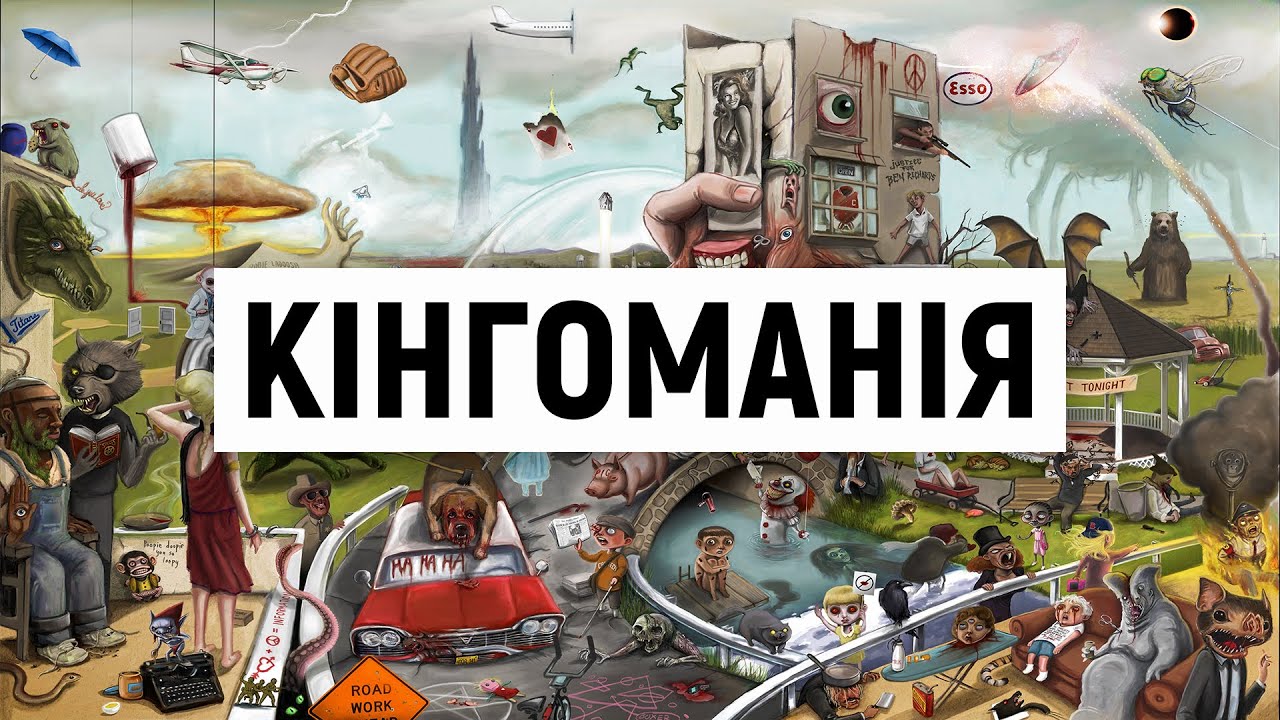Denmark-Russia Tensions Rise Over False Greenland News Targeting US Relations

Table of Contents
The False Narrative Regarding Greenland and its Resources
A wave of disinformation recently targeted Greenland, falsely portraying the island and its relationship with the United States. Claims circulated widely, alleging the existence of secret US military bases on Greenland far exceeding the reality of a small, publicly known facility, and exaggerating planned resource extraction projects, particularly focusing on rare earth minerals and potential uranium mining. These fabrications aimed to portray a picture of unchecked US exploitation of Greenland's resources, igniting anti-American sentiment and raising concerns about Greenland's sovereignty.
The disinformation campaign leveraged a variety of platforms for dissemination. State-sponsored Russian media outlets prominently featured these false claims, while social media platforms became breeding grounds for the spread of manipulated images and fabricated accounts amplifying the narrative. This multi-pronged approach ensured broad reach and maximum impact.
- Source identification difficulties: Tracing the origin of the false news proved challenging, highlighting the sophisticated nature of the disinformation operation. Many sources were anonymous or linked to known pro-Kremlin outlets.
- Examples of misleading information: Images of existing infrastructure were deceptively labeled, and fabricated reports detailed non-existent mining operations, significantly inflating their scale and environmental impact.
- Analysis of the target audience: The target audience included both the Greenlandic population and international observers, aiming to sow distrust in the US-Greenland relationship and potentially destabilize the region.
Denmark's Response and its Strengthening Ties with the US
Denmark swiftly condemned the disinformation campaign, issuing strong statements refuting the false claims regarding US military activities and resource extraction in Greenland. The Danish government highlighted the transparent nature of its collaborations with the US, emphasizing that all activities are conducted openly and in accordance with international law. This firm response signaled Denmark's commitment to protecting its territory from external interference and upholding the integrity of its relationship with the US.
The incident has undeniably strengthened the Danish-US relationship. The shared concern over Russian disinformation has fostered closer collaboration on counter-intelligence measures and information sharing. Both countries have reiterated their commitment to upholding the rules-based international order and ensuring the security of the Arctic region.
- Specific diplomatic actions taken by Denmark: Denmark actively engaged in diplomatic channels with both the US and other Arctic nations to address the disinformation and coordinate responses.
- Statements from Danish officials condemning the false news: High-ranking officials consistently denounced the campaign, emphasizing its malicious intent and the need for international cooperation to combat such threats.
- Strengthened military cooperation discussed: While not explicitly stated, the shared concern over Arctic security has opened dialogues about potentially enhanced military cooperation between Denmark and the US.
Russia's Role and its Geopolitical Interests in the Arctic
Russia's potential motivation for spreading the false narrative lies in its broader geopolitical strategy in the Arctic. The Arctic region is rich in untapped resources, and control over these resources, along with strategic maritime routes, is crucial for Russia's economic and military ambitions. By undermining the US-Greenland relationship and creating instability, Russia aims to weaken a key Western presence in the region.
The disinformation campaign aligns with Russia's ongoing efforts to assert its influence in the Arctic. This includes a significant military buildup in the region, including the modernization of existing bases and the construction of new ones. The false news serves as a tool to achieve these broader objectives.
- Russia's Arctic military buildup: Russia's increased military presence in the Arctic, including advanced weaponry and icebreakers, directly supports its strategic goals in the region.
- Potential economic incentives behind the disinformation: The disinformation may be aimed at creating uncertainty surrounding resource extraction, potentially delaying or hindering projects that could benefit the US and its allies.
- Historical context of Russia's relations with Greenland and Denmark: Understanding the historical context, including Russia's past interactions with Greenland and Denmark, sheds light on the present geopolitical maneuvering.
The Broader Implications for Arctic Security
The disinformation campaign concerning Greenland is not an isolated incident; it reflects a growing pattern of disinformation campaigns targeting the Arctic region. The increased competition for resources and strategic positioning in the Arctic raises serious security concerns, potentially leading to miscalculation and escalation. The involvement of other Arctic nations, such as Canada and Norway, underscores the need for collaborative efforts to address these challenges.
- Increased military presence in the Arctic: Several nations are increasing their military presence in the Arctic, raising the risk of accidental incidents and escalating tensions.
- Growing competition for resources: The Arctic's abundant natural resources are fueling competition, increasing the potential for conflict.
- Potential for miscalculation and escalation: The spread of disinformation increases the risk of miscalculation and accidental escalation, potentially leading to more serious conflict.
Conclusion
The spread of false news concerning Greenland has significantly heightened Denmark-Russia tensions, highlighting the vulnerability of international relations to disinformation campaigns. The incident underscores the importance of robust fact-checking, transparent communication, and strong alliances in countering state-sponsored misinformation. Denmark's strengthened ties with the US, in response to this deliberate attempt to sow discord, demonstrate the need for proactive measures to safeguard Arctic security. Continued monitoring of Denmark-Russia relations and the potential for further disinformation campaigns is vital to maintaining stability in the region. Stay informed about developments in this critical area to understand the evolving dynamics of Denmark-Russia tensions and their global implications.

Featured Posts
-
 Investing In Growth Mapping The Countrys Key Business Areas
Apr 26, 2025
Investing In Growth Mapping The Countrys Key Business Areas
Apr 26, 2025 -
 Anchor Brewing Companys Closure Whats Next For San Francisco Beer
Apr 26, 2025
Anchor Brewing Companys Closure Whats Next For San Francisco Beer
Apr 26, 2025 -
 Damen Schelde Naval Shipbuilding Den Helder Nieuwe Combat Support Schip Gedoopt
Apr 26, 2025
Damen Schelde Naval Shipbuilding Den Helder Nieuwe Combat Support Schip Gedoopt
Apr 26, 2025 -
 Viral Reaction Chelsea Handlers Take On Dating Elon Musk For America
Apr 26, 2025
Viral Reaction Chelsea Handlers Take On Dating Elon Musk For America
Apr 26, 2025 -
 The China Factor Analyzing The Automotive Markets Difficulties
Apr 26, 2025
The China Factor Analyzing The Automotive Markets Difficulties
Apr 26, 2025
Latest Posts
-
 King Povernuvsya Kritika Trampa Ta Maska
May 10, 2025
King Povernuvsya Kritika Trampa Ta Maska
May 10, 2025 -
 Chto Skazal Stiven King Ilonu Masku Na X
May 10, 2025
Chto Skazal Stiven King Ilonu Masku Na X
May 10, 2025 -
 Stiven King Novi Zayavi Pro Trampa Ta Maska
May 10, 2025
Stiven King Novi Zayavi Pro Trampa Ta Maska
May 10, 2025 -
 King Protiv Maska Skandal Na Platforme X
May 10, 2025
King Protiv Maska Skandal Na Platforme X
May 10, 2025 -
 Reaktsiya Stivena Kinga Na Diyi Maska Ta Trampa
May 10, 2025
Reaktsiya Stivena Kinga Na Diyi Maska Ta Trampa
May 10, 2025
